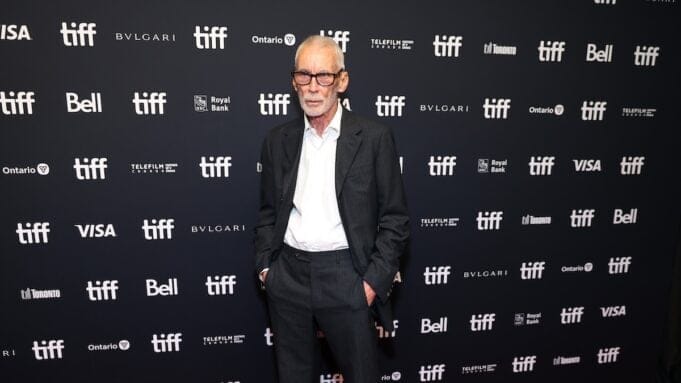From Once Were Warriors to Bond: Remembering Filmmaker Lee Tamahori’s Extraordinary Journey

Lee Tamahori, the acclaimed New Zealand filmmaker who brought Māori stories to the world and directed the James Bond blockbuster Die Another Day, has passed away at 75. His family confirmed that he died peacefully at home, leaving behind a remarkable legacy that forever changed New Zealand cinema.
A Trailblazer Who Gave Voice to Māori Stories
Lee Tamahori’s impact on film can’t be overstated. He wasn’t just a director — he was a storyteller who carried the spirit, history, and heart of Aotearoa (New Zealand) into every frame. His family remembered him as “a fierce creative spirit” who never stopped championing Māori talent and identity.
“His legacy endures with his whānau, his mokopuna, every filmmaker he inspired, every boundary he broke, and every story he told with his genius eye and honest heart,” the family shared in a statement.
They added that he “returned home to tell stories grounded in whakapapa and identity,” referring to his later films Mahana and The Convert, both deeply rooted in Māori heritage and storytelling.
The Film That Changed New Zealand Cinema Forever
Tamahori made his explosive debut in 1994 with Once Were Warriors, a raw and powerful portrait of urban Māori life. The film wasn’t just a hit — it was a phenomenon. Critics praised its unflinching honesty and emotional intensity, while audiences made it New Zealand’s highest-grossing film at the time.
Once Were Warriors gave the world unforgettable performances, sparked conversations about domestic violence and identity, and established Tamahori as a bold new voice in international cinema. Even decades later, the film remains a cornerstone of New Zealand’s cultural identity.
Hollywood Comes Calling
After the global success of Once Were Warriors, Hollywood quickly took notice. Tamahori transitioned from local stories to big-budget thrillers with ease, proving his versatility as a filmmaker.
In 1997, he directed The Edge, a survival thriller starring Anthony Hopkins and Alec Baldwin. The movie showcased his knack for tension and character-driven storytelling. He followed that with Along Came a Spider (2001), featuring Morgan Freeman, solidifying his reputation as a director capable of handling star power and suspense.
Then came his biggest Hollywood challenge — Die Another Day (2002), the 20th James Bond film starring Pierce Brosnan and Halle Berry. The movie became one of the franchise’s highest-grossing entries at the time and introduced a new generation to Tamahori’s stylish, kinetic direction.
He continued his run in Hollywood with XXX: State of the Union (2005), keeping his signature boldness and cinematic energy front and center.
Returning Home to His Roots
Despite his success in Hollywood, Tamahori never lost touch with his roots. In the later years of his career, he returned to New Zealand to make films that explored the stories, struggles, and spirit of Māori people.
Mahana (2016) was a touching generational story inspired by Witi Ihimaera’s novel Bulibasha. It followed a Māori family in 1950s New Zealand, tackling themes of tradition, pride, and change. Critics praised it for its warmth and authenticity — a return to the emotional depth that defined Once Were Warriors.
His final film, The Convert (2023), starred Guy Pearce and told the story of a British preacher caught in the midst of 19th-century Māori tribal conflict. The film combined historical drama with Tamahori’s signature sensitivity to culture and landscape, serving as a fitting farewell to a filmmaker whose work was always rooted in identity and belonging.
Remembering Lee Tamahori: A Filmmaker, A Leader, A Legacy
Lee Tamahori wasn’t just a director; he was a cultural force. His films opened doors for Māori artists and inspired a new generation of storytellers to embrace their roots while reaching global audiences.
His family, friends, and fans will gather to honor him at Te Mahurehure Marae in Point Chevalier, Auckland, on Sunday, November 9. The service will celebrate not just his career, but the life of a man who turned the struggles and triumphs of his people into unforgettable cinema.
“We’ve lost an immense creative spirit,” his family said — and that sentiment rings true across the film world.
Tamahori’s journey from the streets of Auckland to the sets of Hollywood blockbusters remains one of the most remarkable stories in modern cinema. Through all his films, one theme stands clear: identity matters, stories matter, and representation matters.
As filmmakers, actors, and fans reflect on his legacy, one thing is certain — Lee Tamahori changed how New Zealand told its stories, and how the world listened.
